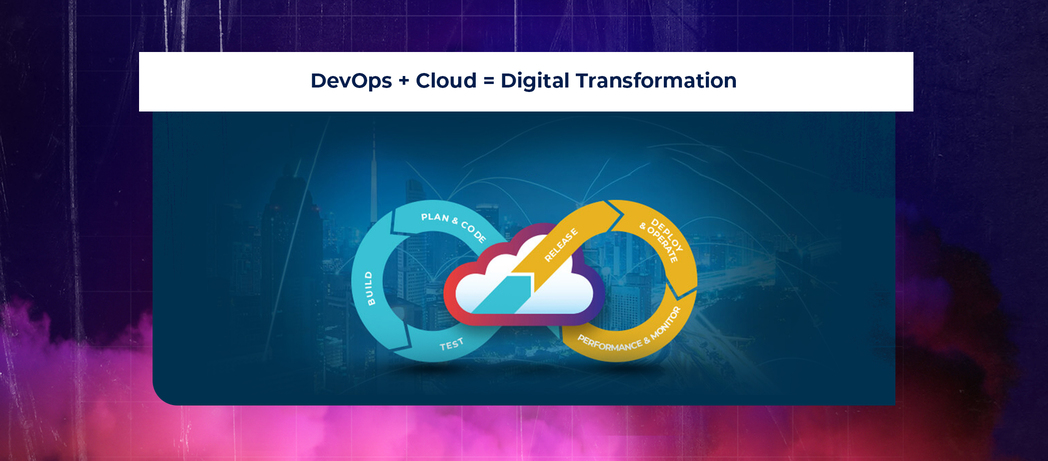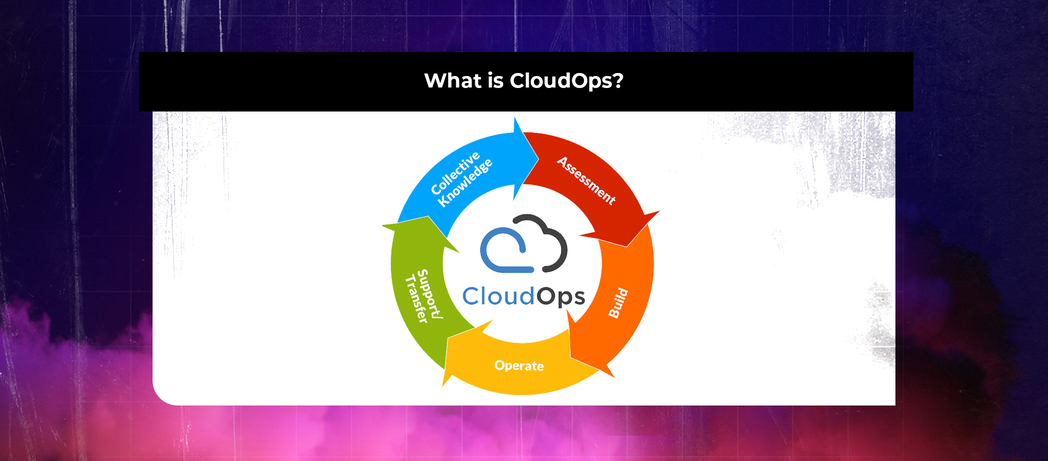
The advent of cloud computing has transformed the way businesses operate, allowing them to access scalable resources and improve their agility. Cloud computing has enabled organizations to quickly and easily provision resources on-demand, resulting in faster time-to-market and reduced costs. However, the rapid adoption of cloud technology has led to the emergence of new challenges, such as ensuring security and compliance, managing costs, and optimizing performance. To address these challenges, organizations are turning to DevOps and CloudOps methodologies to enhance their cloud implementations.
PeoplActive is an ISO 27001:2013 certified leading tech hiring platform. By utilizing an exclusive network of 4000+ Silicon Valley caliber tech talent specialized in 100+ in-demand IT skills, it was pretty easy for businesses to hire game-changing Engineers and developers in just 48 hours. So, if you want to accelerate your business, schedule a quick call with our experts now.
Table of Contents
Toggle
Table of Contents
ToggleIn this blog post, we will explore why DevOps and CloudOps are critical for successful cloud implementations and how they can help businesses achieve their goals.

What is DevOps?
DevOps is a methodology that focuses on collaboration, communication, and automation between development and operations teams to increase agility, improve quality, and reduce time-to-market. DevOps aims to break down silos between development, operations, and other departments, fostering a culture of collaboration and continuous improvement.
DevOps includes several key practices, such as continuous integration and delivery (CI/CD), infrastructure as code (IaC), and automated testing. CI/CD involves the continuous integration of code changes into a shared repository, followed by automated testing and deployment. IaC enables developers to define infrastructure as code, automating the process of deploying and managing infrastructure resources. Automated testing involves using automated scripts to test applications and infrastructure, enabling faster and more frequent releases.
Also Read: DevOps: The Missing Piece in the Puzzle of Digital Transformation

What is CloudOps?
CloudOps is a methodology that focuses on managing and optimizing cloud infrastructure, applications, and services. CloudOps involves a range of activities, such as provisioning and managing cloud resources, optimizing performance, monitoring and logging, and ensuring security and compliance.
CloudOps includes several key practices, such as cloud automation, monitoring and logging, security and compliance, and cost optimization. Cloud automation involves automating the deployment and management of cloud resources, enabling faster and more reliable provisioning. Monitoring and logging involve tracking the performance and availability of cloud resources and detecting and resolving issues quickly. Security and compliance involve ensuring that cloud resources are secure and compliant with relevant regulations and standards. Cost optimization involves managing cloud costs and identifying opportunities to reduce expenses.
Also Read: Clouds vs Edges: Which Computing Wins the Race?

Discover the power of the Cloud Revolution for your business today!
Why are DevOps and CloudOps critical for successful cloud implementations?
DevOps and CloudOps are critical for successful cloud implementations for several reasons:
Faster time to market
One of the key benefits of cloud computing is the ability to quickly deploy applications and services. By implementing DevOps and CloudOps practices, organizations can take full advantage of this benefit by accelerating the software development process and improving the speed of deployments. DevOps practices such as continuous integration and continuous delivery (CI/CD) can help automate the build, test, and deployment process, while CloudOps practices such as infrastructure as code (IaC) can enable rapid and consistent deployment of infrastructure resources.
Enhanced cooperation and dialogue
DevOps and CloudOps both emphasize collaboration and communication between development and operations teams. By breaking down silos and promoting cross-functional teams, organizations can improve communication and collaboration, resulting in better quality software and faster problem resolution.
Higher scalability and dependability
Cloud computing provides organizations with the ability to easily scale their infrastructure up or down based on demand. However, this scalability can only be achieved if the underlying infrastructure is designed to be scalable and reliable. By adopting CloudOps practices such as auto-scaling and load balancing, organizations can ensure that their infrastructure can handle spikes in demand without compromising performance.
Enhanced security and compliance
Security and compliance are top concerns for organizations operating in the cloud. DevOps and CloudOps can help organizations address these concerns by ensuring that security is built into the development process and that compliance requirements are met through automation and testing. For example, DevOps practices such as continuous security testing can help identify vulnerabilities early in the development process, while CloudOps practices such as security groups and network ACLs can help ensure that only authorized traffic is allowed into the cloud environment.
Optimized cost management
Cloud computing can provide significant cost savings compared to traditional on-premises infrastructure. However, to fully realize these savings, organizations need to adopt CloudOps practices that focus on optimizing costs. This includes using auto-scaling to right-size infrastructure resources, implementing cost-saving measures such as reserved instances and spot instances, and monitoring and analyzing cloud usage to identify areas for cost optimization.
Conclusion
The successful implementation of cloud infrastructure requires a coordinated effort between the development and operations teams. The DevOps and CloudOps methodologies are essential for creating a streamlined workflow that ensures continuous integration, delivery, and deployment of applications in the cloud environment.
PeoplActive’s consulting services can help businesses successfully implement DevOps and CloudOps by providing expert guidance on the latest technologies, tools, and best practices. Our team of experienced consultants can help organizations design, build, and deploy scalable and secure cloud-based solutions that can drive innovation, reduce costs, and improve performance. With PeoplActive, businesses can benefit from customized solutions that meet their specific needs and goals, as well as ongoing support and monitoring to ensure their cloud implementations are always optimized for success.
To learn more about how PeoplActive’s consulting services can help your business succeed in the cloud, please contact us today.
Hire Qualified DevOps Experts to Accelerate Your Business Growth




